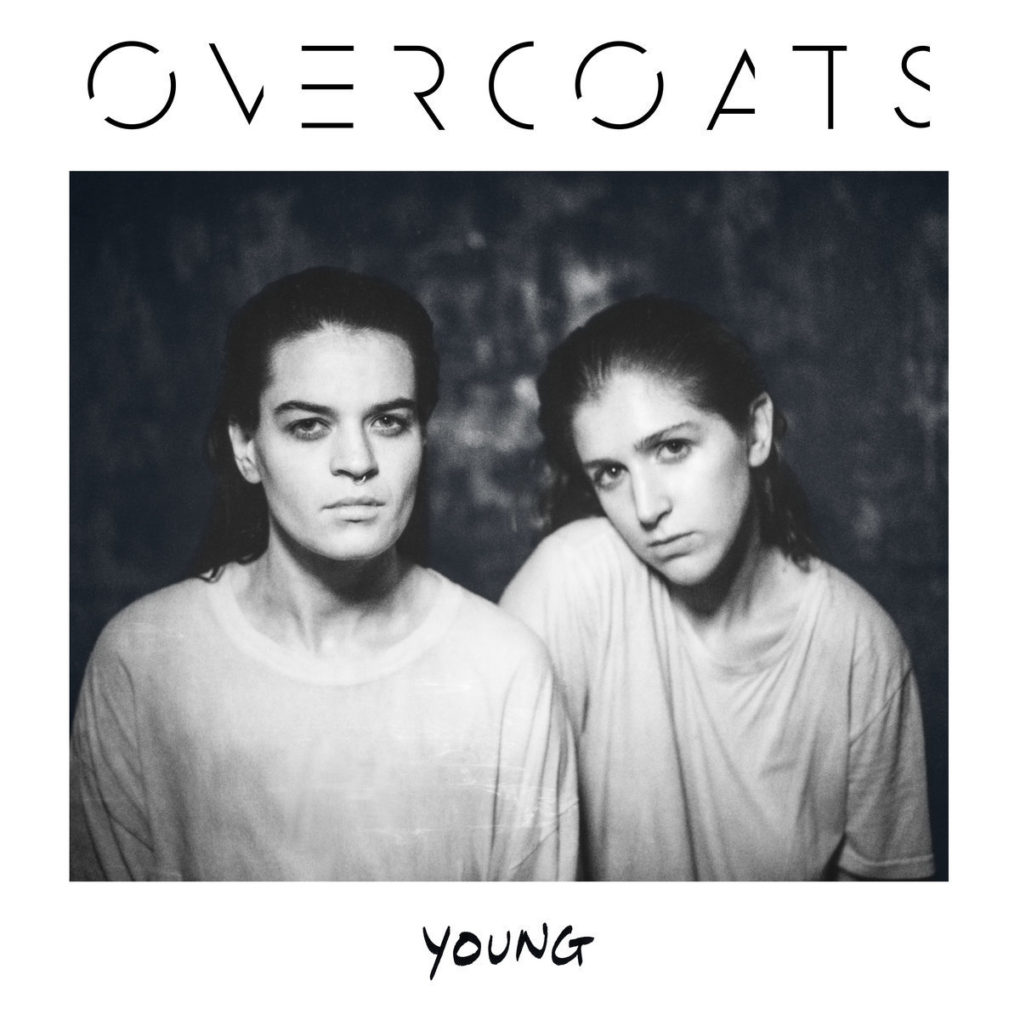The most beautiful but also most heartbreaking part of parenting has to do with control.
Being entirely responsible for a tiny human gives the young parent the false idea that because everything about the tiny human is their responsibility, they have direct control over the way the tiny human will turn out. Consequently, the young parent manages every aspect of the baby’s environment, ensuring that every sensory experience, from the mobile above baby’s head to the food entering their tummies to the music that plays as they fall asleep, is optimized and expert-recommended.
And yet, as the child grows, the young parent begins to see the limits of their influence. The child makes friends the parent wouldn’t have picked for them, develops tastes the parent wishes they hadn’t, learns words from other kids the parent was hoping wouldn’t come until later.
But these external influences are nowhere near as shocking as the realization that the child’s personality – the fruit of the seeds the parent planted so carefully within the child with every informed decision about home environment made since conception – is fully beyond any parent’s control.
The person your child becomes is the sum of you, their other parent, their home and school and multiple other environments, the media they consume, the world at large, and millions of other micro-factors…but also more than the sum of those things.
Knowing this; knowing that I’ve helped bring a person into the world but am ultimately powerless, as they set sail, to do any more than flail my arms, yell directions about how to adjust their sails, and pray for good weather; knowing this fills me with dread and wonder and awe simultaneously.
Everything I’ve tried to summarize here is beautifully conveyed in a single stanza by New York duo Overcoats in this week’s song.
What makes this a beautiful song:
1. “Mama, don’t you love him so? Just wanna light the way wherever he goes.” Wishing for control, for the ability to light a path for your child so they don’t need to make any difficult decisions without you.
2. “And kiss his forehead when he needs to know” – even when he gets to the age where he might not accept affection from you.
3. “He’ll have a home in you, you won’t be alone.” Note that the second half of the line doesn’t say “he” won’t be alone, but “you” won’t be alone. As if the one who needs to be comforted isn’t the child, but the parent.
Recommended listening activity:
Your choice: forgiving your parents, your children, or yourself.
